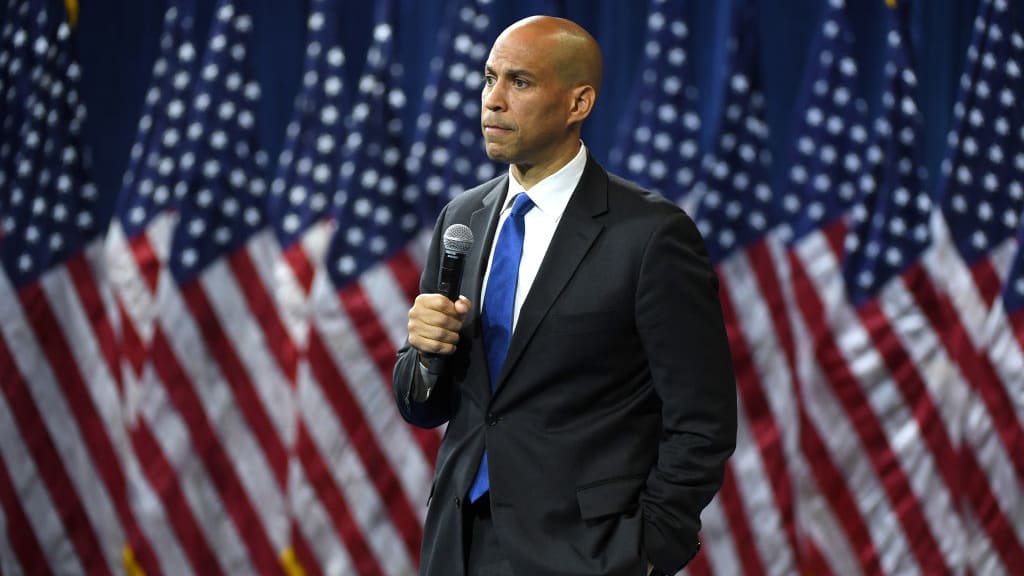Cory Booker, Tim Scott spar over comparing voting restrictions to Jim Crow laws


A free daily email with the biggest news stories of the day – and the best features from TheWeek.com
You are now subscribed
Your newsletter sign-up was successful
Things got heated on the Senate floor Wednesday during debate on a voting rights bill, with Sen. Tim Scott (R-S.C.) and Sen. Cory Booker (D-N.J.) at odds over whether the strict voting restrictions being put in place by Republican-led state legislatures can compare to Jim Crow laws.
Jim Crow laws were first enacted in the late 1800s in order to segregate and disenfranchise Black people, especially in the South. Poll taxes and literacy tests, plus intimidation, were deployed to stop Black Americans from voting. The landmark 1965 Voting Rights Act outlawed discriminatory voting practices, which in turn increased voter registration and turnout.
Democrats have been trying to pass voting rights legislation that would, among other things, reinstate parts of the 1965 law, make Election Day a national holiday, and ensure access to early voting and mail-in ballots.
The Week
Escape your echo chamber. Get the facts behind the news, plus analysis from multiple perspectives.

Sign up for The Week's Free Newsletters
From our morning news briefing to a weekly Good News Newsletter, get the best of The Week delivered directly to your inbox.
From our morning news briefing to a weekly Good News Newsletter, get the best of The Week delivered directly to your inbox.
Scott, the Senate's only Black Republican, stated that when Democrats refer to these state laws as "Jim Crow 2.0," they are putting forward "a negative, false narrative of what is happening in America." The comparison is "offensive not just to me or Southern Americans, but offensive to millions of Americans who fought, bled, and died for the right to vote," he said.
Scott noted that he defeated the son of late GOP segregationist Sen. Strom Thurmond when he first won a House seat, and referring to himself and Sen. Raphael Warnock (D-Ga.), said it's "hard to deny progress" when two of three sitting Black senators "come from the Southern states that people say are places where African American votes are being suppressed. Not to mention the fact that 2020 was a banner year for minority participation."
Democrats have argued that the higher minority participation is exactly why Republican-led state legislatures have enacted voting restrictions since the 2020 election. "Don't lecture me on Jim Crow," Booker said, speaking after Scott. "I know this is not 1965. That's what makes me so outraged — it's 2022 and they're blatantly removing more polling places from the counties where Blacks and Latinos are overrepresented. I'm not making that up. That is a fact."
Booker also said data shows that on average, Black voters have to wait in line at polling places twice as long as white voters. "In the United States today, it is more difficult for the average African American to vote than the average white American," he stated. "That is not rhetoric, that is fact."
A free daily email with the biggest news stories of the day – and the best features from TheWeek.com
Catherine Garcia has worked as a senior writer at The Week since 2014. Her writing and reporting have appeared in Entertainment Weekly, The New York Times, Wirecutter, NBC News and "The Book of Jezebel," among others. She's a graduate of the University of Redlands and the Columbia University Graduate School of Journalism.
